Covid has accelerated the need for HR digital transformation and data driven people operations. Now is the time to make sure you keep ahead of the competition, meet your employees’ needs, and enable your HR function to work seamlessly with other internal departments by embracing technology and HR automation.
HR automation
Automating your HR function will reduce the number of manual steps that are so time-consuming in vital HR business processes, such as onboarding - an important part of helping employees understand their new position and job requirements. And one of the most critical times in an employee’s experience at a company — one that has a long-lasting impact on engagement, performance, and retention.
AI-powered technology integrates all the tools and programmes required to complete HR processes - without human intervention. This empowers HR teams to focus on what matters most - people - and carry out higher-value tasks like decision making and more strategic, creative work, contributing to the success of a business.
Maintain a competitive edge
Crucial HR administrative tasks such as feeding data, creating files, sharing documents, selecting candidates with specific skills, and pre-filling forms are handled accurately, quickly, and efficiently. When processed manually, these types of tasks can take hours to complete.
HR automation supports the HR function and ultimately helps an organisation maintain a competitive edge through:
- Improving the employee experience
- Providing comprehensive, organised data
- Engaging employees whether remote or in the workplace
- Streamlining recruitment, training, and onboarding
- Decreasing errors and increasing compliance
- Significantly reducing paperwork
- Completely administrative tasks as efficiently as possible
By integrating, modernising, and streamlining platforms and systems a business can optimise how it delivers HR services, The HR function will become a data-driven strategic partner within the business, lead with a workforce-centric experience, whilst empowering existing employees to easily control and create an enterprise-scale, AI-powered digital process automations, using a secure, no-code cloud platform.
The cloud-based (Catalytic) automation platform bridges the gap between people, data and existing technologies, automating routine business processes with up to 100% accuracy, sparking a chain reaction of productivity. This means teams can create new process workflows using hundreds of available actions, integrations and data tools, without having to rely on IT. The platform handles the manual workload, while keeping humans in the loop.
Put the ‘human’ back in human resources
Human Resources automation will free up your HR team to focus on the employee experience and put the ‘human’ back in human resources by automating:
1. Recruitment and onboarding - Employee onboarding is one of the most manual HR processes. Speed up sourcing and pre-hire activities. Automate the manual data processing work within your existing systems. Use natural language processing for resume parsing and serve up only the top candidates, help schedule interviews, generate documents, fill out forms and more.
2. Head-count reporting - Reporting on headcount, salaries and productivity company-wide is a vital part of the HR role. This includes full-and part-time employees, temps and freelancers, outside consultants and other third-party vendors. Updating, aggregating, and reporting this information from disparate systems, and reporting it to your leadership team is done easily.
3. Employee engagement and development - Employee surveys, performance management, career development, awards and recognition, and open enrolment for health benefits are just a few of the responsibilities on the plate of HR teams. Managing the endless data and communication touchpoints through automation can help you stay organised and improve operational excellence.
4. Forecast with predictive models - Acting as an intelligent layer over your Core HR platform, payroll, LMS, ERP, TMS, CRM and other systems, while forecasting results while flagging potential risks.AI and machine learning can then suggest which transactional decisions to automate and make recommendations for high-level strategic decisions.
Automating with Aurora means employees learn new digital skills as they automate business processes while positioning themselves as agile, relevant, and resilient for the future of work – wherever that may be.
Make an enquiry and book a free consultation to discuss a Soft Proof of Concept - provide one week of an employee’s time, and in a month you will see what Intelligent Automation will do for your business.



